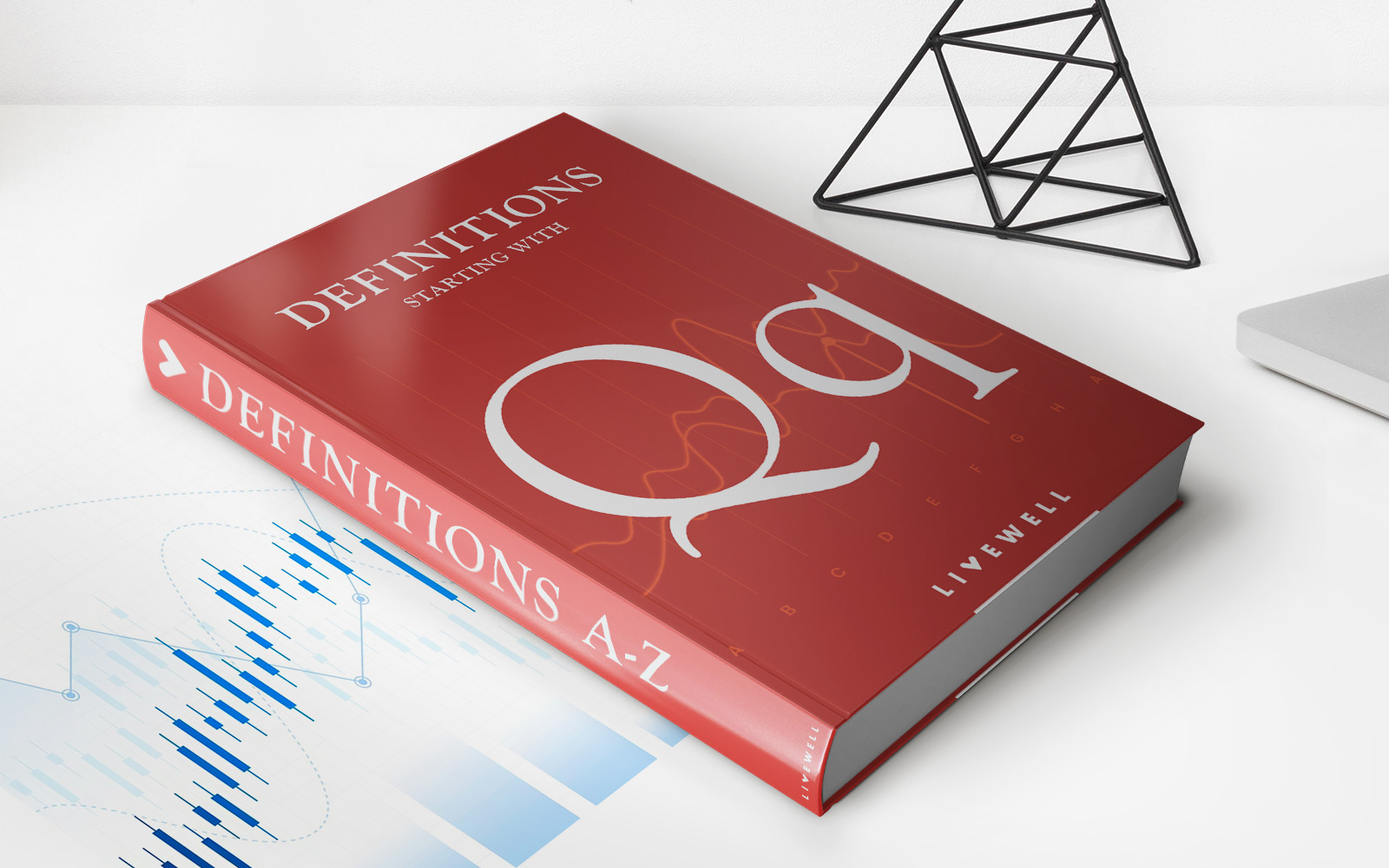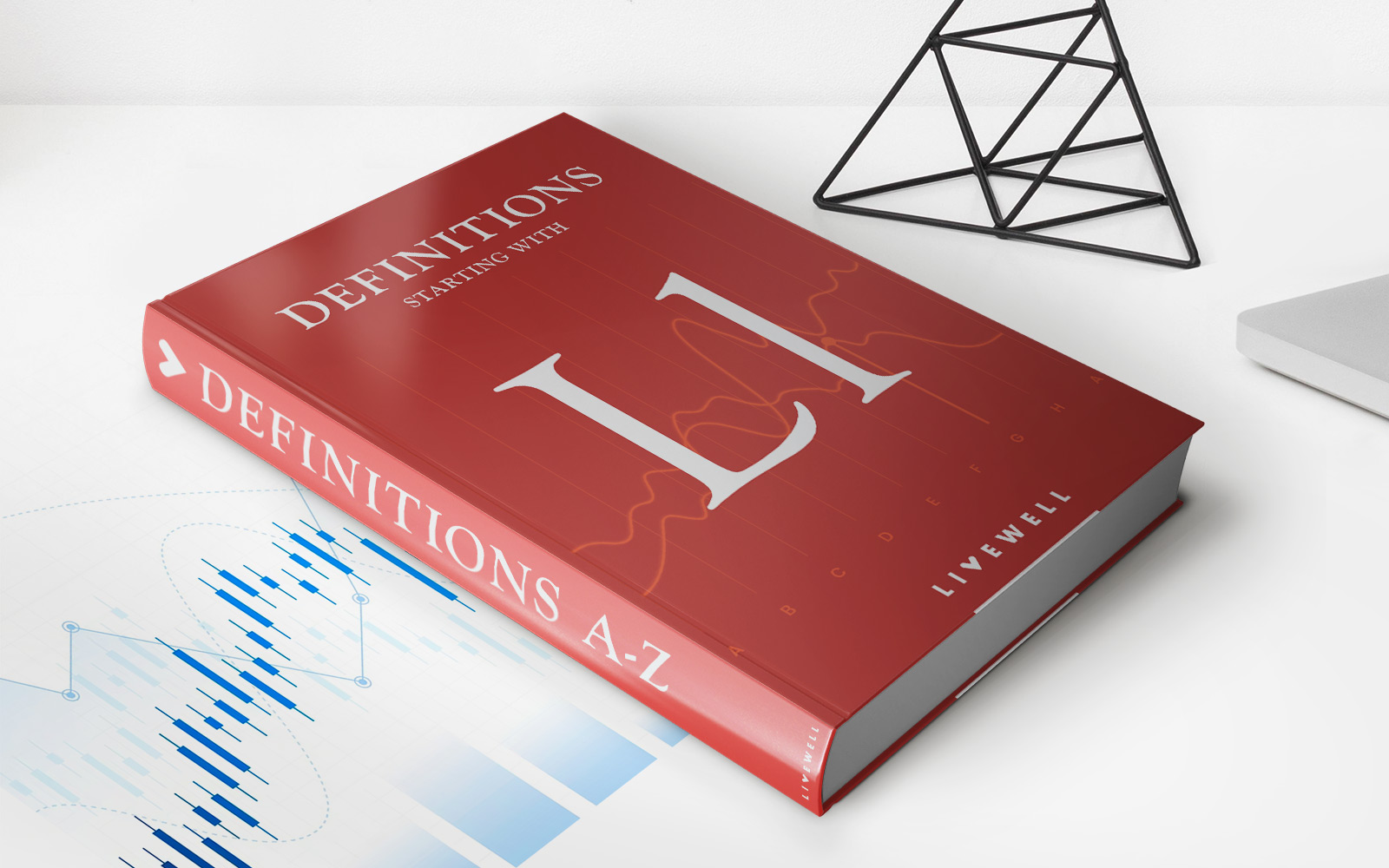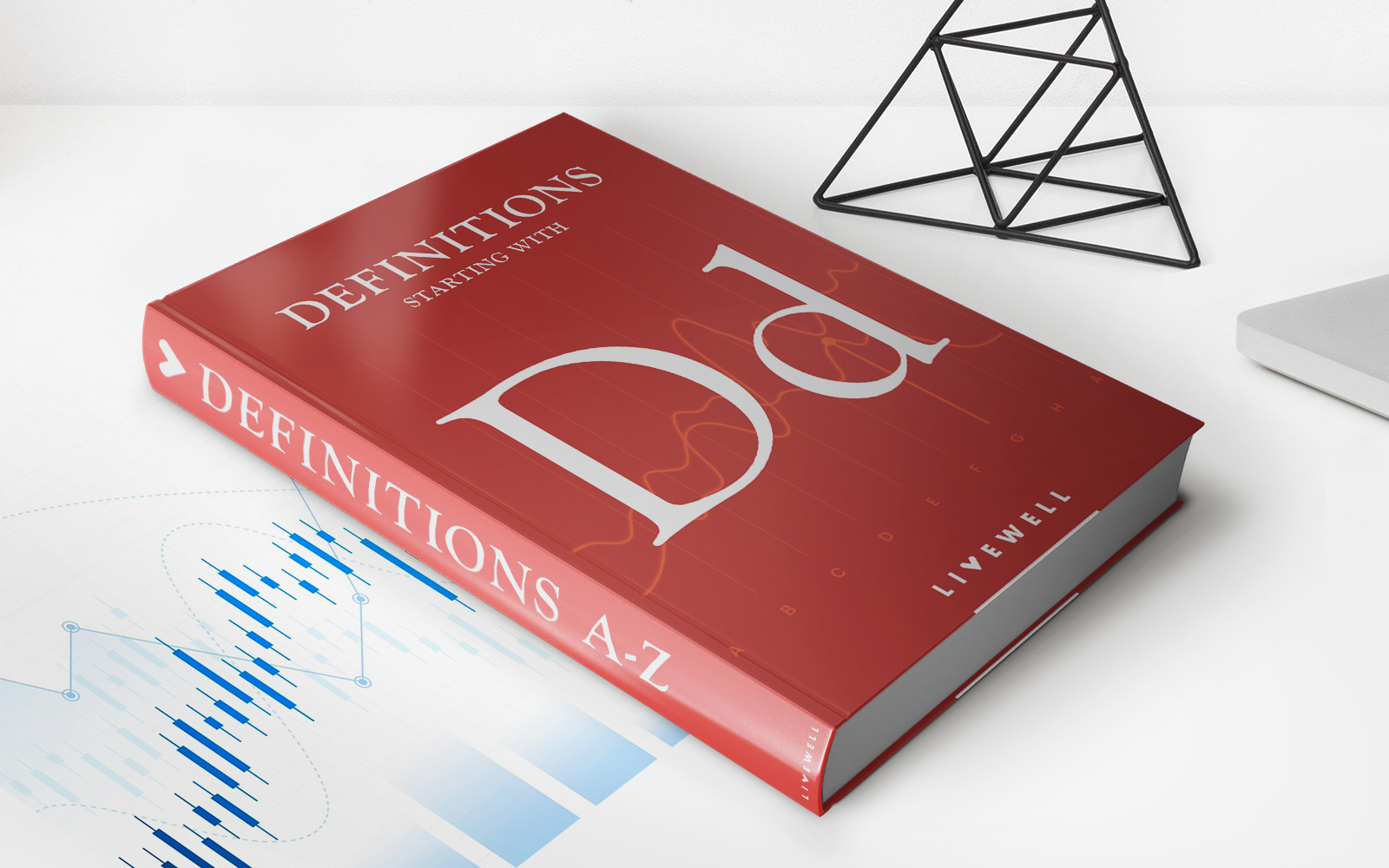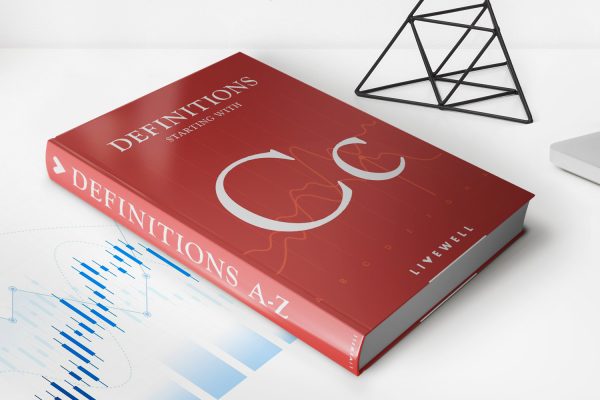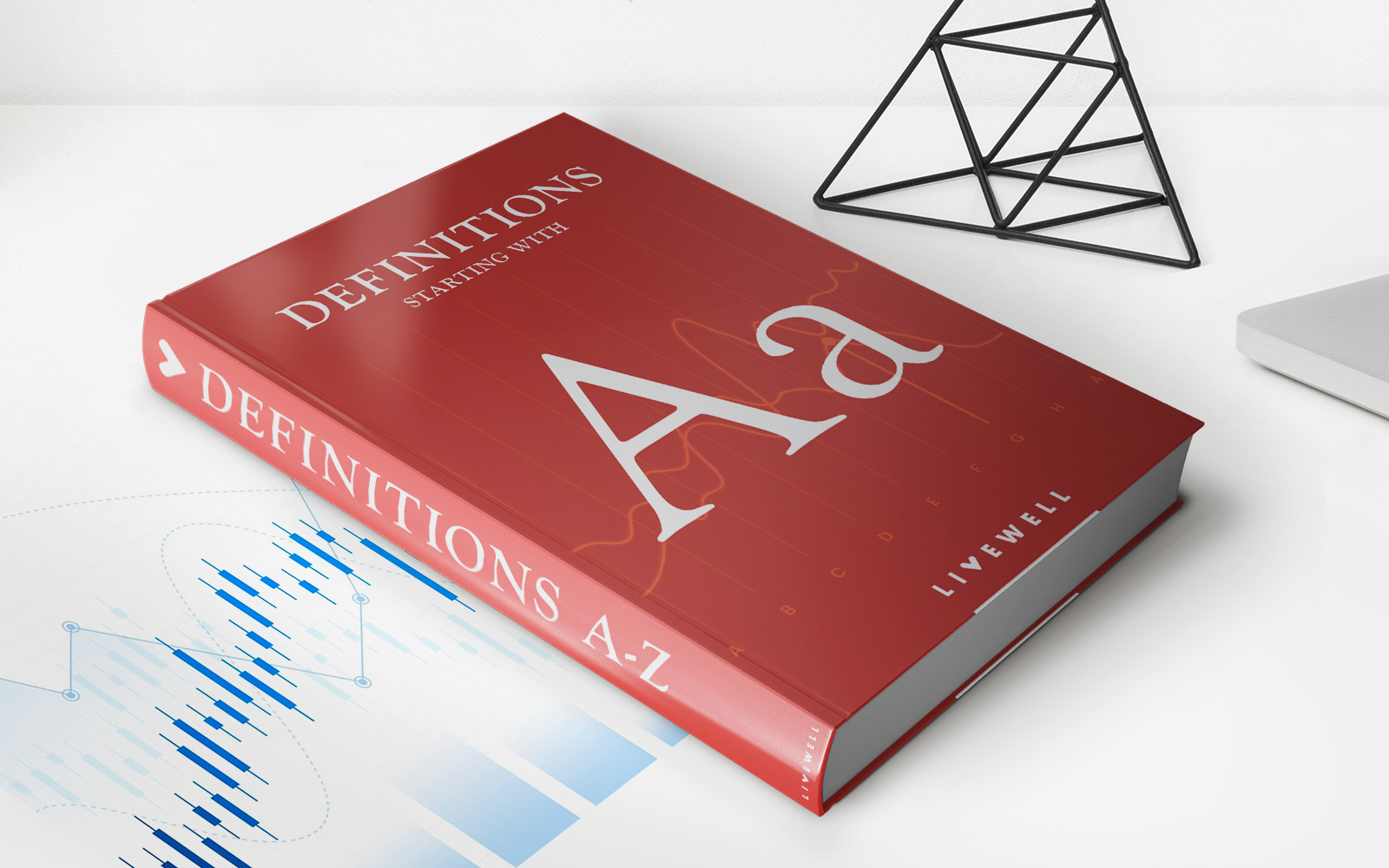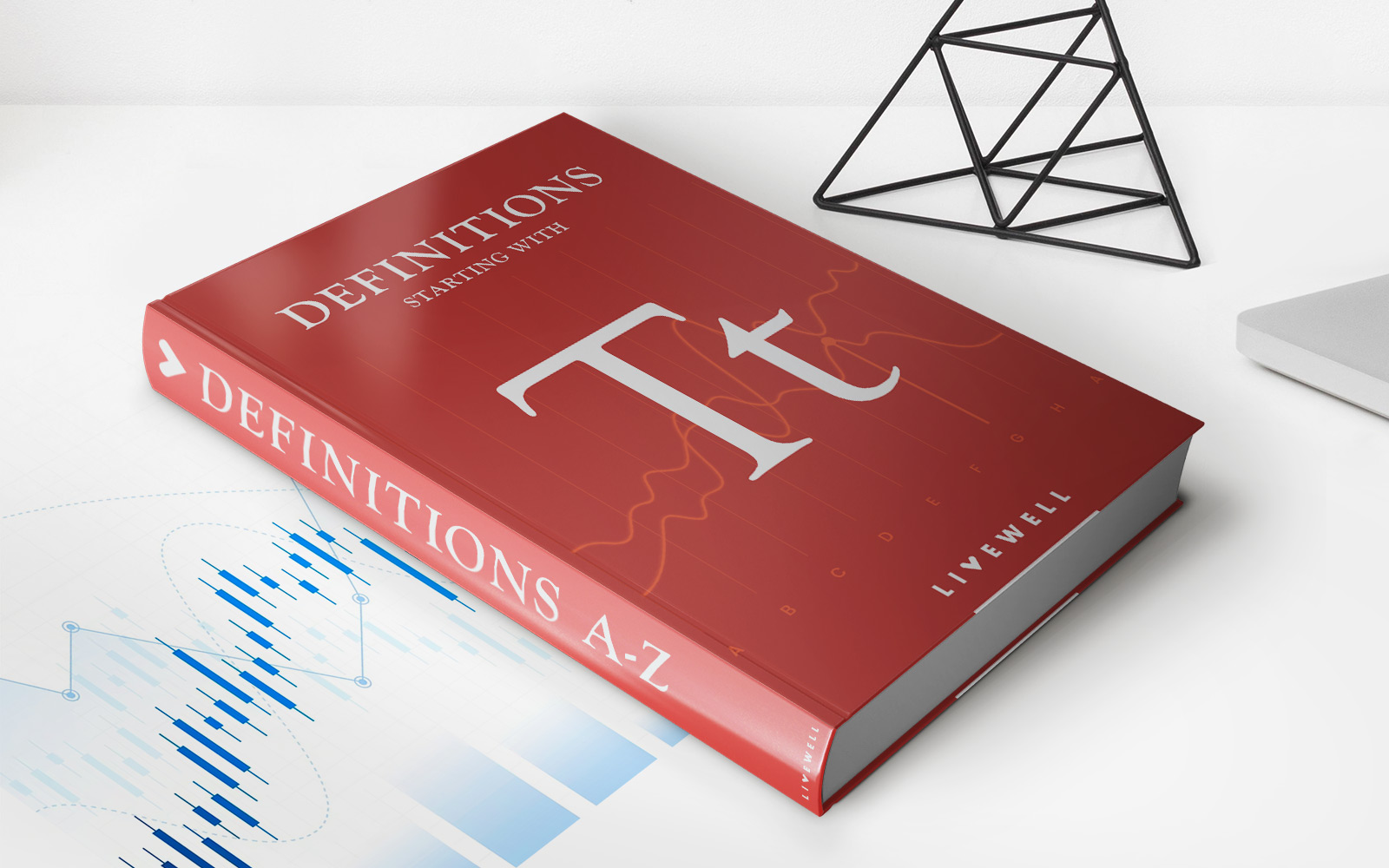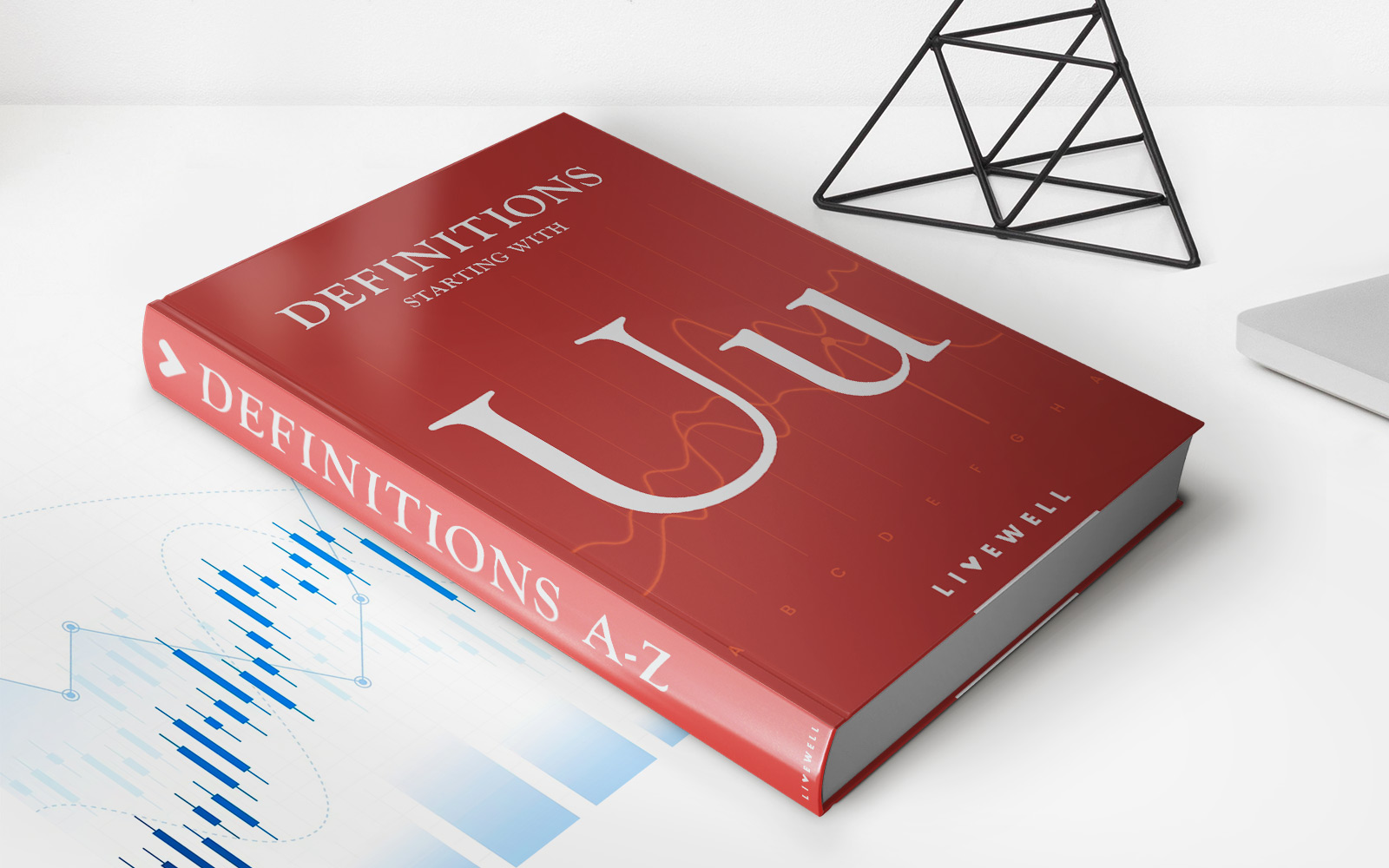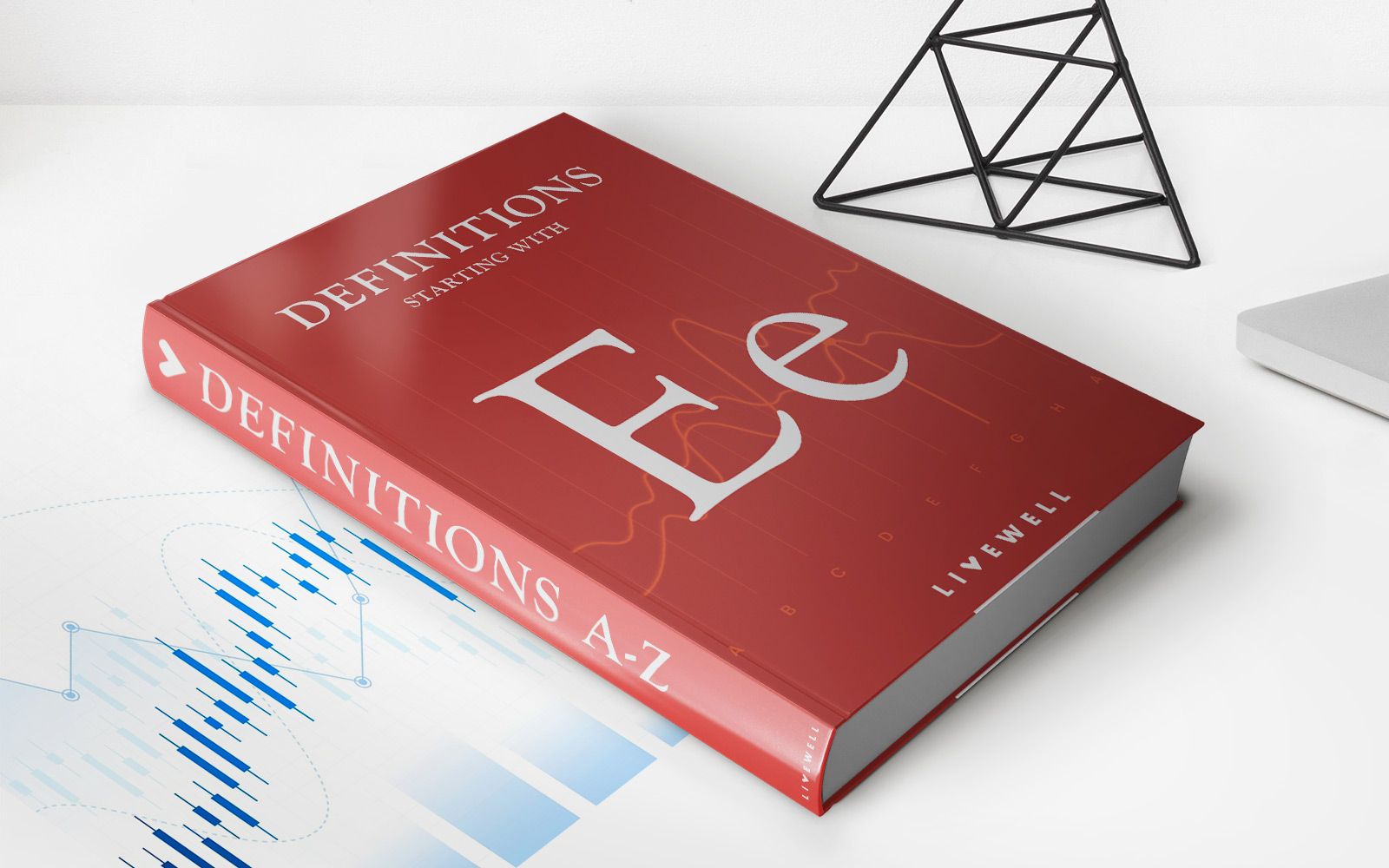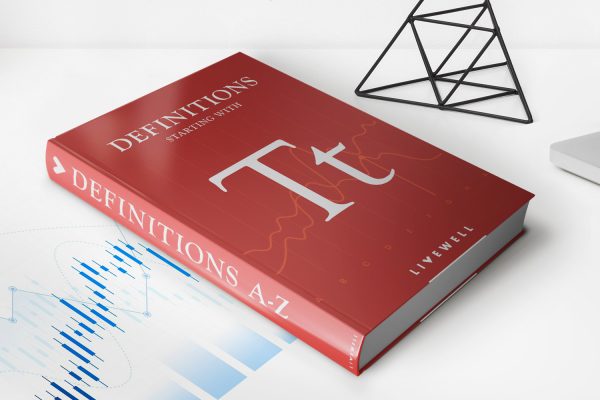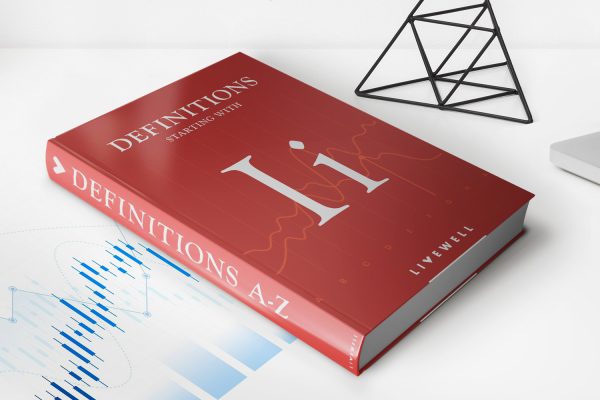

Finance
Individual Transfer Quota (ITQ) Definition
Published: December 9, 2023
Discover the meaning of Individual Transfer Quota (ITQ) in the realm of finance. Explore how this concept impacts financial markets and regulations.
(Many of the links in this article redirect to a specific reviewed product. Your purchase of these products through affiliate links helps to generate commission for LiveWell, at no extra cost. Learn more)
The Ins and Outs of Individual Transfer Quota (ITQ) – Unlocking the Secrets of Sustainable Fishing
Globally, the preservation of marine ecosystems and the sustainability of fisheries are growing concerns. As we strive to find solutions that balance the needs of both the environment and the fishing industry, one approach that has gained significant attention is the implementation of Individual Transfer Quotas (ITQs). In this blog post, we delve deep into the world of ITQs, exploring their definition, benefits, and how they can contribute to the long-term health of our oceans.
Key Takeaways:
- ITQs allocate a fixed, transferable share of the total allowable catch to individual fishermen or fishing entities.
- They promote sustainable fishing practices by incentivizing responsible harvesting and reducing overfishing.
So, what exactly is an Individual Transfer Quota (ITQ)? At its core, an ITQ is a management system that assigns a specific portion of the total allowable catch to individual fishermen or fishing entities. Rather than having an open-access fishery where anyone can catch as much as they want, ITQs regulate fishing activities by creating a limited number of tradable quotas.
One of the primary benefits of ITQs is that they incentivize responsible fishing practices. By granting fishermen the exclusive right to catch a specific amount of fish, ITQs deter overfishing and encourage more cautious harvesting. Fishermen become more invested in the long-term health of fish populations, as it directly impacts the value of their quota. Ultimately, this creates a shift towards more sustainable fishing practices and helps in the replenishment of fish stocks.
Not only do ITQs promote sustainability, but they also offer economic advantages. The tradable nature of quotas allows for flexibility, encouraging efficiency and enabling fishermen to optimize their operations. The ability to buy, sell, or lease quotas creates a market for fishing rights, stimulating competition and ensuring that the most efficient fishermen have access to the resource. As a result, the fishing industry becomes more profitable and economically stable.
Implementation of ITQs, however, is not without challenges. Distributional concerns may arise, where small-scale or traditional fishermen find it harder to compete with larger players in the market. Additionally, proper monitoring and enforcement are crucial to prevent quota violations and ensure compliance with regulations. Addressing these concerns through effective governance and stakeholder involvement is essential for the successful implementation of ITQs.
In conclusion, Individual Transfer Quotas (ITQs) offer a promising framework for sustainable fishing. By assigning a specific share of the total allowable catch to individual fishermen and encouraging responsible harvesting practices, ITQs can contribute to the long-term health of our oceans. The economic benefits and flexibility that come with tradable quotas further strengthen their appeal. As we continue to navigate the complex challenges surrounding fisheries management, ITQs serve as a valuable tool in finding a balance between environmental preservation and the interests of the fishing industry.

